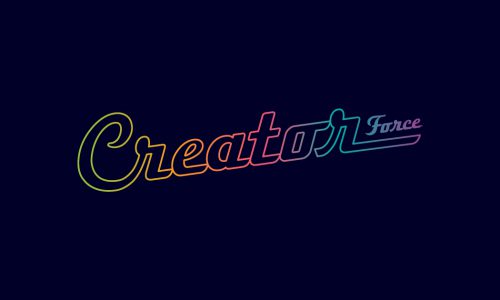One of the things we pride ourselves on at ForceBrands is having a unique, front-row seat to the world of consumer brands. Because we focus on executive search and leadership recruitment, we’re able to assess a brand’s potential and scalability through its investment in human capital.
There’s a direct relationship between hiring and profitability. And we’ve seen a hiring demand that signals that brands with a creator at the helm are proving to be a leading consumer segment, with 50 million people identifying as “creators” and an estimated market size of more than $104 billion. This is where the investment dollars are being spent and land is being grabbed.
How do you define a creator?
A creator is someone who makes and shares content for large followings they’ve built on social media. Creators leverage their online influence and personal brand to create and market products directly to their loyal audiences.
Because of this, creator brands are lightyears ahead. The authentic connection they have with their built-in audiences provides them with a customer base and testing ground that is extremely attractive to investors — skipping many of the costs and hurdles that come with starting a new company.
While there are a lot of microtrends in the consumer landscape — canned cocktails and the Sober Curious movement, for example — creators transcend industry-specific trends and niche interests.
But building a strong brand takes more than a successful DTC strategy and a few million followers on Instagram. It’s still about business. That’s where we see opportunities for finding experienced leadership that understands how companies really grow operationally, culturally, and financially to scale.
How do you hire for a creator brand?
It’s crucial to tap into and understand the talent that can support the specific creator and the skill set that’s needed to excel in the market they’re trying to infiltrate.
It starts with looking at a company’s organizational chart and building a team around not only the founder and CEO’s vision but also offsetting the blind spots when it comes to scaling the business. For example, shifting from DTC to an omnichannel strategy, which requires more players with specialized expertise and leadership. But that’s just one thing to look at. There’s a lot more, but we’ll get to that later.
Focusing on authentic leaders who inspire employees to think creatively and empathetically is a necessity. From there, you can build a customer base that is genuinely connected to the brand, the creator and the creator’s voice.
And that’s where the story begins.
Interested in building your creator brand or working for one? Reach out to us to start the conversation.






